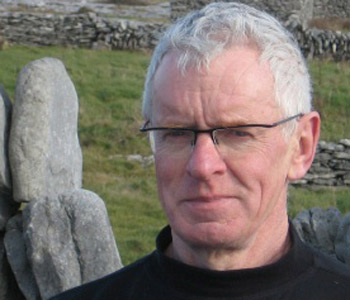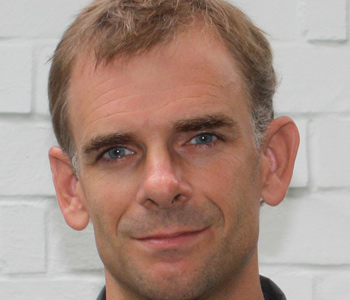Richard Ned Lebow
The Politics and Ethics of Identity: In Search of Ourselves
Cambridge University Press
439 pages, 6 x 9 inches
ISBN 978 1107027657
We are multiple, fragmented, and evolving selves who, nevertheless, believe we have unique and consistent identities.
What accounts for this illusion? Why has the problem of identity become so central to post-war scholarship, fiction and popular culture?
I contend that the defining psychological feature of modernity is the tension between our reflective and social selves.
To address this problem, Westerners have developed four generic strategies of identity construction that are associated with four distinct political orientations: conservatism, totalitarianism, liberalism and anarchism.
I develop my argument through the reading of ancient and modern literary, philosophical and musical texts.
Encouraged by therapists, people search for their inner selves. Groups and corporations develop “identities,” to which their members are “invited” to internalize. Political leaders encourage us to distinguish ourselves from others, to who we are superior. All these practices are not only totalizing and harmful to our individuality and well being, they rest on the false premise that there is such a thing as an identity.
In practice, we are a jumble of self-identifications, which in turn rest on our affiliations, roles and relationship to our bodies. Stripped of these self-identifications, we are nothing underneath but raw appetites.
Multiple affiliations and roles control and channel these appetites in ways that can be beneficial, but also constraining. Attempts by groups and politicians to emphasize single identifications do injustice to our multiplicity and encourage us to deny what we share with members of the “out groups” they create.
The opening chapter provides an historical, philosophical and psychological overview of the project and its central ideas. The first few pages are especially important in this regard.
One of my principal findings is that we do not need images, let alone stereotypes, of “others” to create ourselves.
This idea finds initial expression in the epics of Homer and Virgil but is supported by recent research in child rearing and social psychology. Healthy identity construction for children, groups and nations requires us to draw closer to those from whom we are separating.
Psychological research indicates that negative images of others are a special case, most likely to arise when groups compete for the same scarce resources. Although it is apparent that politicians can readily propagate such images for reasons of their own.
Identity construction is thus a dialectical process and we need to pay as much attention to the drawing closer together side of the equation as we do to the separation side. This insight has important ethical and political implications, which I draw out in the conclusion.




We don't put paywalls. We don't distract you with ads. We don't sell your data.
Please help to keep this running!